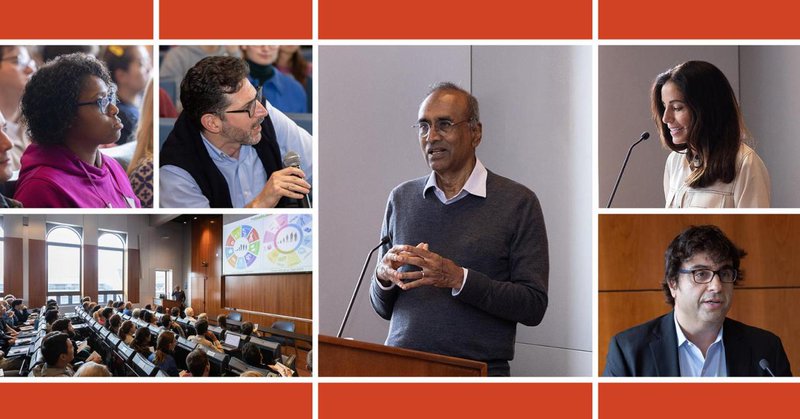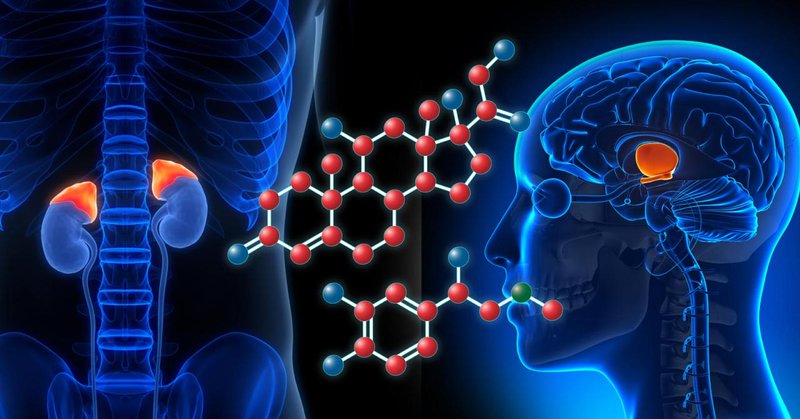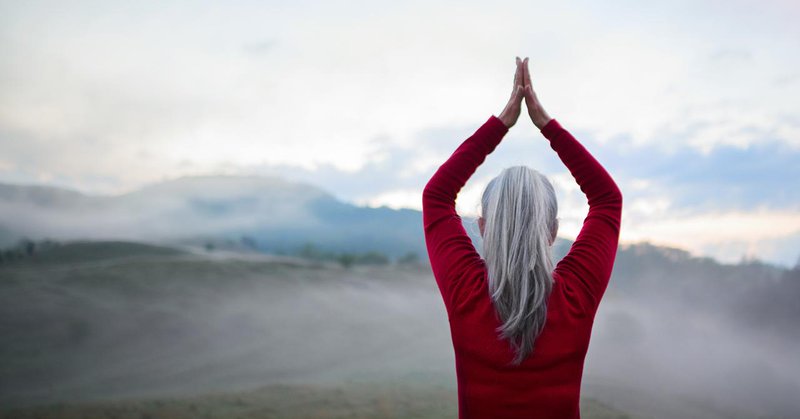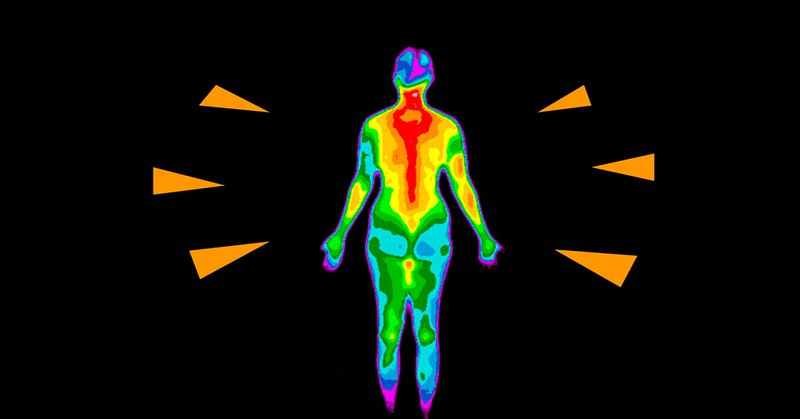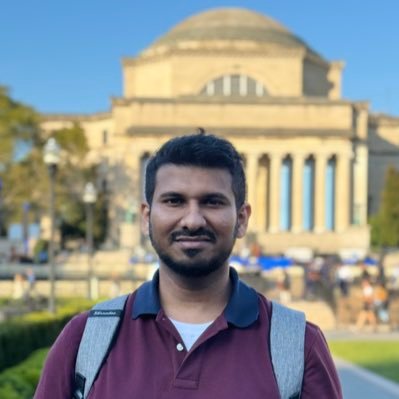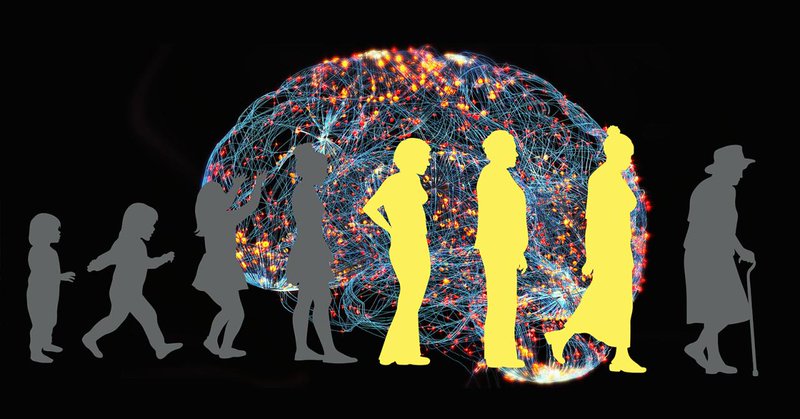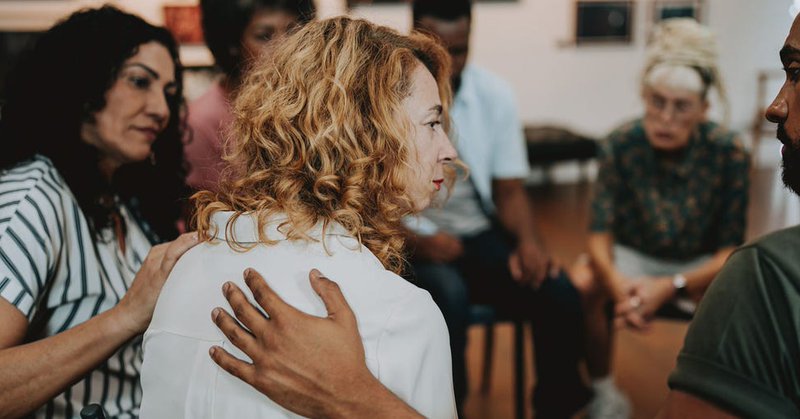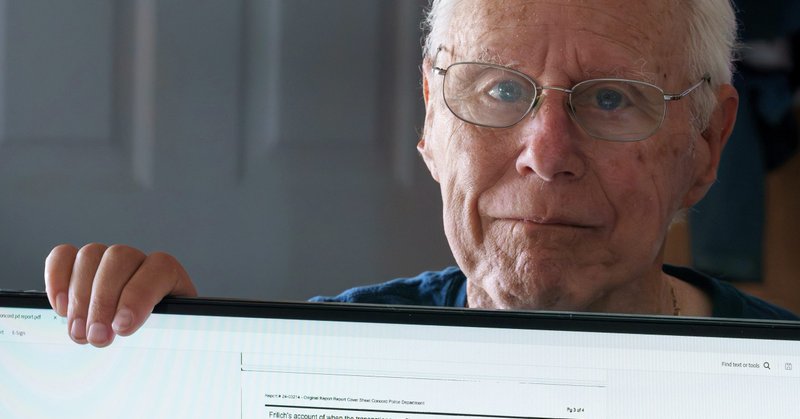
Columbia Aging Ctr
@ColumbiaAging
Followers
2K
Following
647
Media
458
Statuses
3K
The Robert N. Butler Columbia Aging Center, located at @ColumbiaMSPH, is at the forefront of developing knowledge on healthy #aging for individuals & societies.
New York, NY
Joined November 2013
Science is getting closer to slowing aging, but the best #longevity tools are still the basics: sleep, diet, and exercise. Nobel Laureate Venki Ramakrishnan joined Columbia Mailman to explain how biology, behavior, and purpose shape how long we live. @ColumbiaAging
publichealth.columbia.edu
Nobel Laureate Venki Ramakrishnan gave a lecture on the latest science on slowing aging and extending longevity.
0
2
1
Mind and metabolism are more connected than we thought. @Columbia researchers found that FGF21, a key metabolic hormone, also responds to psychological stress—revealing new links between mental health and aging. @cusciofhealth @ColumbiaMed
publichealth.columbia.edu
A new discovery helps explain how psychological stress causes metabolic dysregulation and drives physical disease.
1
4
8
New ASPPH report led by Dean Linda Fried calls for Public Health 4.0—a bold shift from disease care to health promotion. Healthy longevity = longer, purposeful lives & a $38T opportunity. #Aging isn’t decline—it’s potential. @ColumbiaAging #PublicHealth
https://t.co/EP2YRwXW3r
publichealth.columbia.edu
A new report calls upon academic public health to lead a national movement to extend not only how long we live, but also how well we live.
0
3
5
New in @NatureAging: “Inflammaging” may be a symptom of industrialized life, not #aging itself. @ColumbiaAging study finds Indigenous populations don’t show the same age-related inflammation seen in Italy or Singapore. Environment Matters. @cusciofhealth
https://t.co/nzehFEZjPA
publichealth.columbia.edu
Inflammation may not be a universal human experience, but a byproduct of industrialized lifestyles.
3
5
12
New @ColumbiaAging research reframes health: Instead of treating disease, what if we could measure and support health itself? “Intrinsic Health” offers a biological foundation to help people thrive across the lifespan. A game-changer for #PublicHealth.
publichealth.columbia.edu
A scientific framework is introduced for understanding the biological foundation of health—what the researchers term Intrinsic Health.
1
2
4
What drives aging—biology or experience? Both. @ColumbiaAging’s new Pace of Aging method shows how life events like retirement accelerate aging—offering insights to improve global health and policy. @NatureAging
https://t.co/1hZ351wmzx
publichealth.columbia.edu
A newly refined method for measuring the Pace of Aging in population-based studies provides a powerful tool for predicting risks associated with aging.
0
3
5
Thanks @ColumbiaMSPH for this reference to our new work. A newly refined method for measuring the Pace of Aging in population-based studies is proposed here; Check out the paper https://t.co/wdtqZciQ2S
@NatureAging @Danbelsky @VSkirbekk @ColumbiaAging
What drives aging—biology or experience? Both. @ColumbiaAging’s new Pace of Aging method shows how life events like retirement accelerate aging—offering insights to improve global health and policy. @NatureAging
https://t.co/1hZ351wmzx
0
6
23
@LancetRH_Americ @ColumbiaAging Great writeup from @ColumbiaMSPH about this emerging research, which shows that several well-established risk factors and blood biomarkers are linked to cognitive function even before midlife!👇#PublicHealthMatters
publichealth.columbia.edu
Established risk factors and biomarkers were associated with cognitive function as early as 24 years of age.
0
1
3
Can biology improve politics? New research from @ColumbiaAging explains how the human body offers a powerful analogy for organizing complex decision-making, which could open the door to more adaptive political systems. https://t.co/UEWMdNP9j5
publichealth.columbia.edu
Study unveils a groundbreaking framework for rethinking political decision-making—drawing inspiration from how the human body maintains stability and health.
0
2
3
New work promises we could intervene to prevent Alzheimer's disease earlier than waiting for symptoms to arise -- research from faculty member Allison Aiello and center members Rebecca Stebbins, Yuan Zhang + Adina Zeki Al Hazzouri. #Columbia #PublicHealthMatters @ColumbiaMSPH
Findings from a new study show Alzheimer’s-related biomarkers are linked to cognitive function decades before symptoms appear, highlighting the urgent need for prevention strategies well before middle age. @ColumbiaAging #Alzheimers
https://t.co/JPkfcEMmEu
0
1
2
A fresh approach to dining for older New Yorkers from @nycaging now includes pop-up cafés in “food deserts” with extended meal hours and menu options to appeal to each neighborhood plus activities promoting social engagement. ⏬⏬
1
0
1
Congratulations to our faculty member @Danbelsky - 2025 recipient of @AFARorg Vincent Cristofalo Rising Star Award in Aging Research in recognition of his work on the biomarkers of aging. @ColumbiaMSPH @Columbia
0
1
4
And Public Health extends lives! Public Health advances are responsible for 25 of the 30 years in life expectancy gains in the US over the last century. #PublicHealthMatters #HealthyAging
Public Health impacts every part of your life: the air you breathe, the water you drink, and the policies shaping your future. Join us for #PublicHealthMatters and see how Columbia Public Health is driving change through research, education, and action. https://t.co/02i9jpeQHu
0
0
1
This⏬⏬⏬
For over a century, Columbia Mailman has led groundbreaking research, shaped policies, and trained public health leaders—tackling asthma, mental health, chronic disease, and cancer prevention to build a healthier, more just world. #PublicHealthMatters
https://t.co/HpcQ1Vtj4U
0
0
0
Fellow New Yorkers -- have you been touched by Alzheimer's Disease? To understand the needs of New Yorkers who are connected to Alzheimer’s Disease and Related Dementias (ADRD), @nychealthy needs your help with an assessment survey: https://t.co/jJ0ROfXjwp
0
0
0
Rethinking race in research: A new @NASEM_Health report co-authored by @ColumbiaAging's Allison Aiello is rewriting the playbook on how biomedical studies use race & ethnicity. Inclusivity isn’t optional—it’s essential. Read more:
publichealth.columbia.edu
Report is a call to action for biomedical research to rethink how it uses race and ethnicity.
0
5
9
Losing a loved one can impact more than just emotions—it may accelerate biological #aging. @ColumbiaAging and @UNCPopCenter research suggests that life stressors like #grief can impact cellular aging, potentially raising the risk of diseases down the line. https://t.co/fFlw9nmkDZ
foxnews.com
Experiencing the loss of a loved one not only has an emotional impact, but it may also speed up the aging process, according to a recent Columbia study.
0
2
2
Hat tip to Age Boom Academy fellow Tony Hicks for shining a light on all-too-frequent elder abuse in the form of financial scamming. If one person you know reads this article and remains extra vigiliant it's worth a share. https://t.co/0Az3YWOTyJ
#fraud #elderabuse #aarp
localnewsmatters.org
CHET FRILICH WAS so intent on not getting scammed, he got scammed. The caller told the 76-year-old Concord resident on March 2 that he was from Xfinity’s
0
0
1
New work by Allison Aiello et al shows the toll of losing a family member and its impact on biological aging.
Full text of "Familial Loss of a Loved One and Biological Aging" in @JAMANetworkOpen is available here: (cont) @Danbelsky @ColumbiaAging
0
0
1
@JAMANetworkOpen @Danbelsky @ColumbiaAging Dr. Aiello explained to @guardian, “Our research reveals a significant association between experiencing losses from childhood through adulthood and biological signs of ageing." Check out the full text of the @JAMANetworkOpen paper for more!
0
1
3


